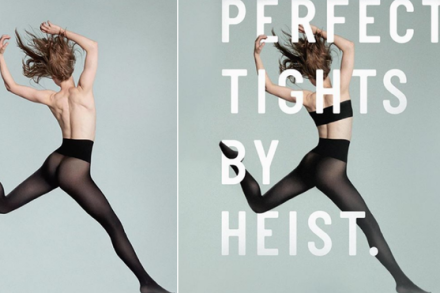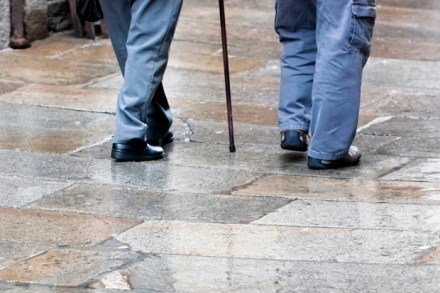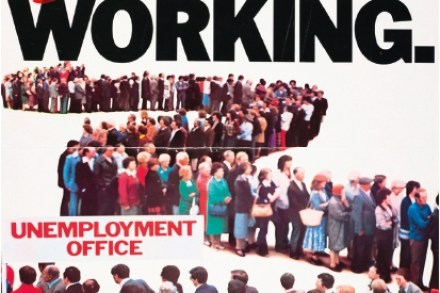We need to start telling the image censors to back off
Almost two and a half years ago, feminists called on Transport for London to remove adverts of a scantily-clad Australian from the tube. Protests against the infamous ‘beach body ready’ adverts claimed that showcasing a woman in a bikini to peddle weight-loss pills was offensive to women. Apparently the sight of a skinny woman was upsetting to all of us non-skinny women. And, after pressure from London Mayor Sadiq Khan in 2016, TfL promised to ban all adverts which didn’t adhere to the notion of ‘body positivity’. Not all women were happy about the ban. Back then, I, and other commentators, warned that giving TfL the power to decide which




















